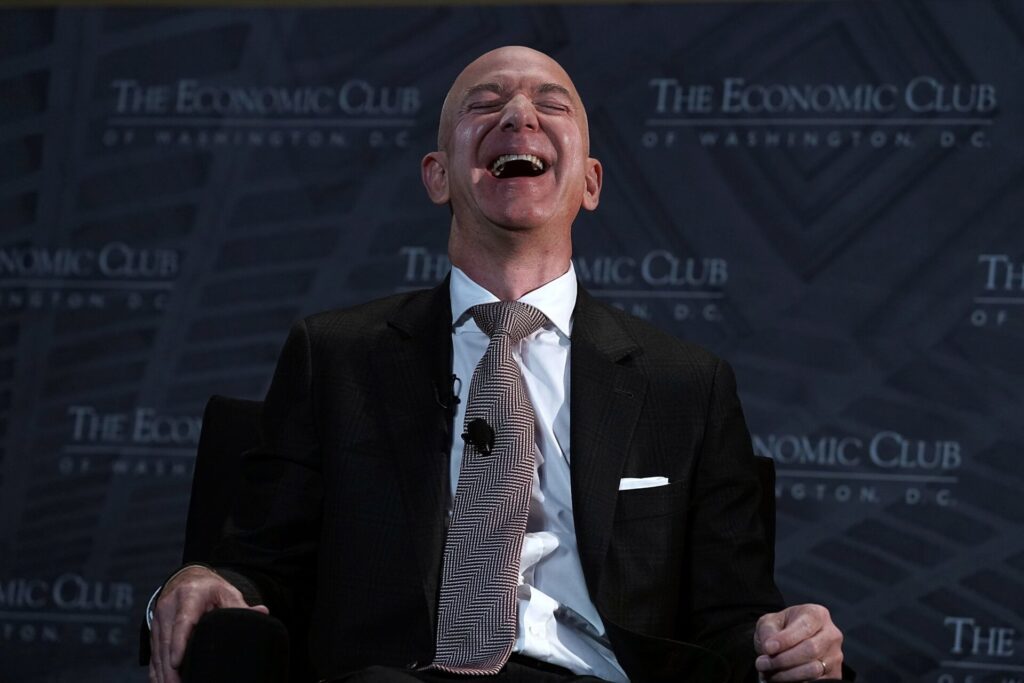Jeff Bezos is branching out.
The 61-year-old Amazon founder is investing $6.2 billion into a new AI company called Project Prometheus, and he’ll serve as the startup’s co-CEO, according to the New York Times.
The company, which the New York Times has called one of the most well-financed early-stage startups in the world, will focus on building AI to assist engineering and manufacturing operations across industries.
Bezos’ co-founder and co-CEO in the venture is physicist and chemist Vik Bajaj. He is best known for his work at Google X, the company’s moonshot factory that works on “radical new technology.” The lab is behind early support for Google-backed companies like robotaxi giant Waymo and life sciences company Verily, which Bajaj co-founded in 2015. Bajaj was most recently the CEO of AI startup incubator Foresite Labs, which he allegedly left to focus on the new venture with Bezos.
Besides Bajaj and Bezos, Project Prometheus has almost 100 employees, including veterans from OpenAI and Meta, according to the New York Times.
Not much else is known about Project Prometheus. The company aims to build AI tools to be used in industries like aerospace and automotive, but there is no information yet on what exactly that would look like, where the company will be based, or when the venture was even started.
The move marks Bezos’ first operational role in a company since he abdicated the throne at Amazon to current CEO Andy Jassy in 2021. Bezos has held several other founder positions since then, like at his space company Blue Origin, which shot Katy Perry into orbit earlier this year, but he has not worked as a chief executive in a few years and has largely been living the life of a retiree.
Although his recent personal focus has mostly been the final frontiers of space, Bezos has kept up with the AI hype. Early last year, the multibillionaire invested millions of dollars into Perplexity, an AI company that is after Google’s search engine domination.
At a conference last month, Bezos talked about his vision for sending data centers into space, and called artificial intelligence an “industrial bubble” that is not a bad thing, maybe even “good.”
Bezos’s latest venture into the AI world is coming at a time when the AI industry is presenting a renewed interest in physical AI. Industry titan Nvidia put physical AI front and center at the company’s latest GTC conference in Washington, D.C., last month. Meanwhile, Meta’s top AI scientist, Yann LeCun, is reportedly quitting soon to build his own AI startup that would focus on “world models” instead of large language models. World models make up the basis of physical AI.
This isn’t the first physical AI venture for Bezos himself, either. The tech executive invested in AI robotics startup Physical Intelligence late last year.
Underlying this recent push towards physical AI in an industry that has been dominated by LLMs in the recent past is a growing fear that improvements in AI capabilities are plateauing. Those fears have never been more openly discussed than after OpenAI’s highly anticipated GPT-5 announcement earlier this year was largely deemed a flop by fans. With AI investments continuing to skyrocket, the industry could be looking into physical AI for a much-needed re-injection of hype.

